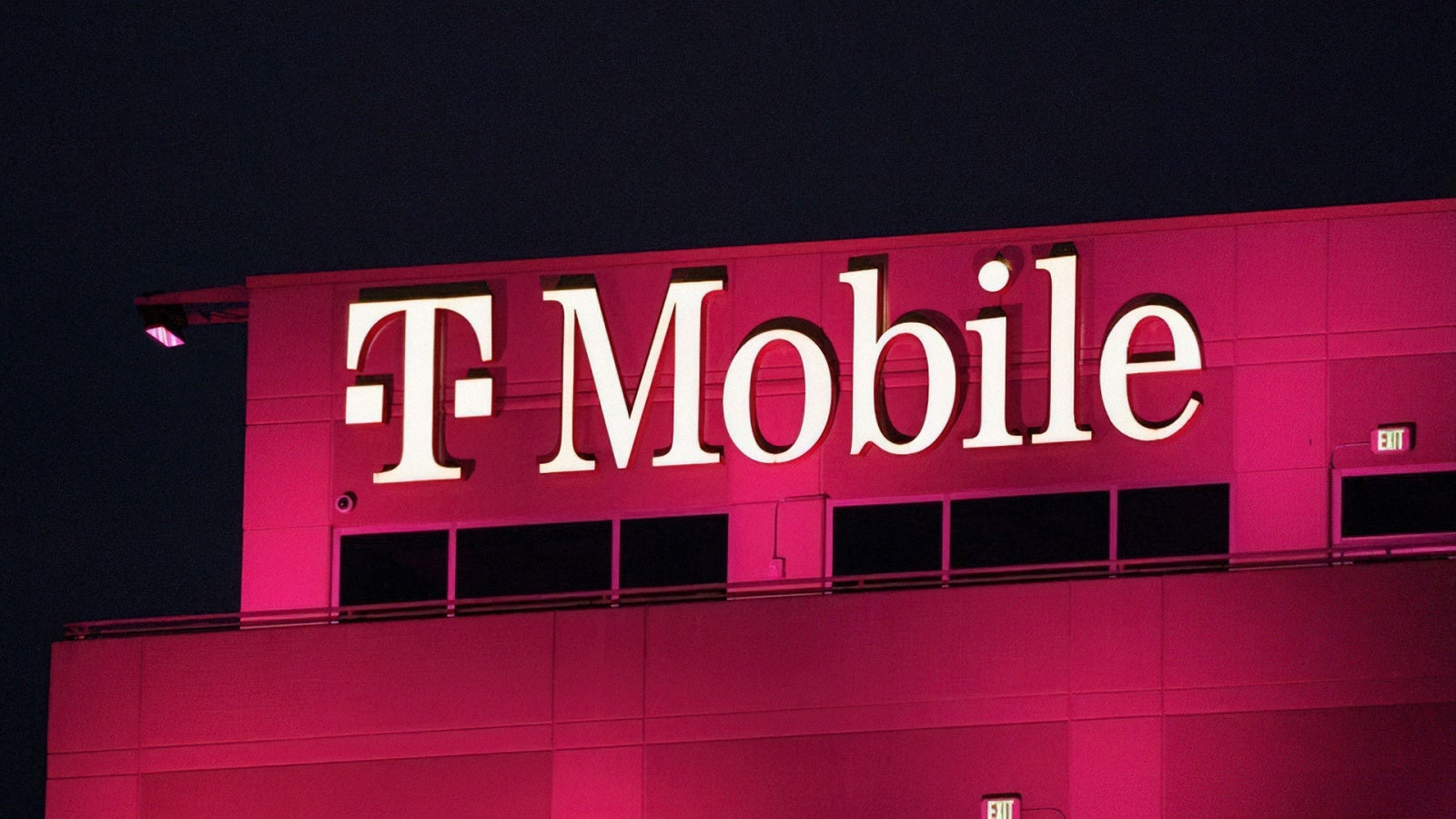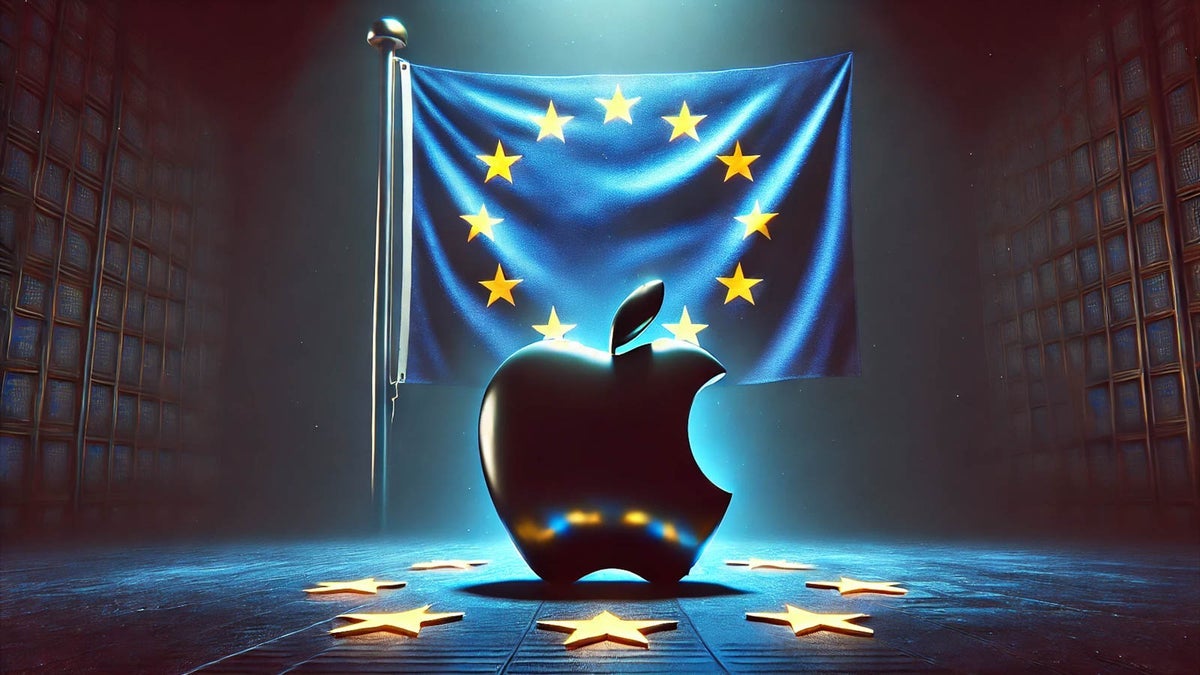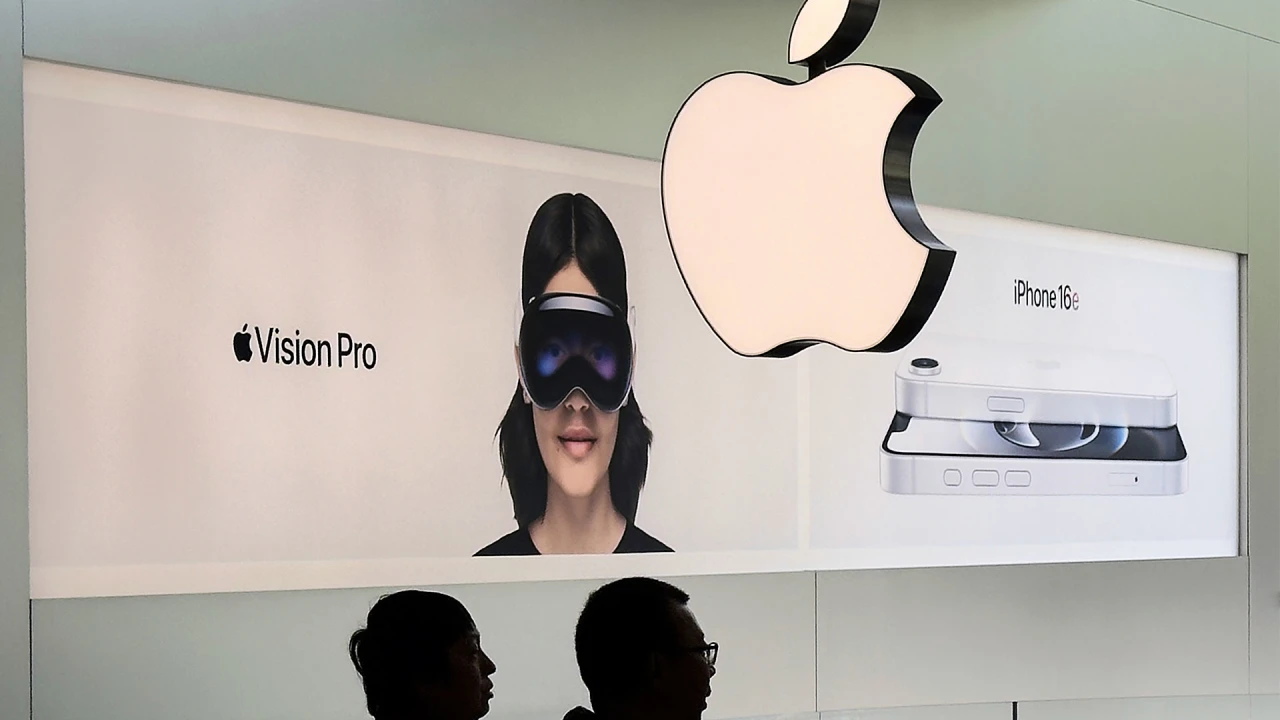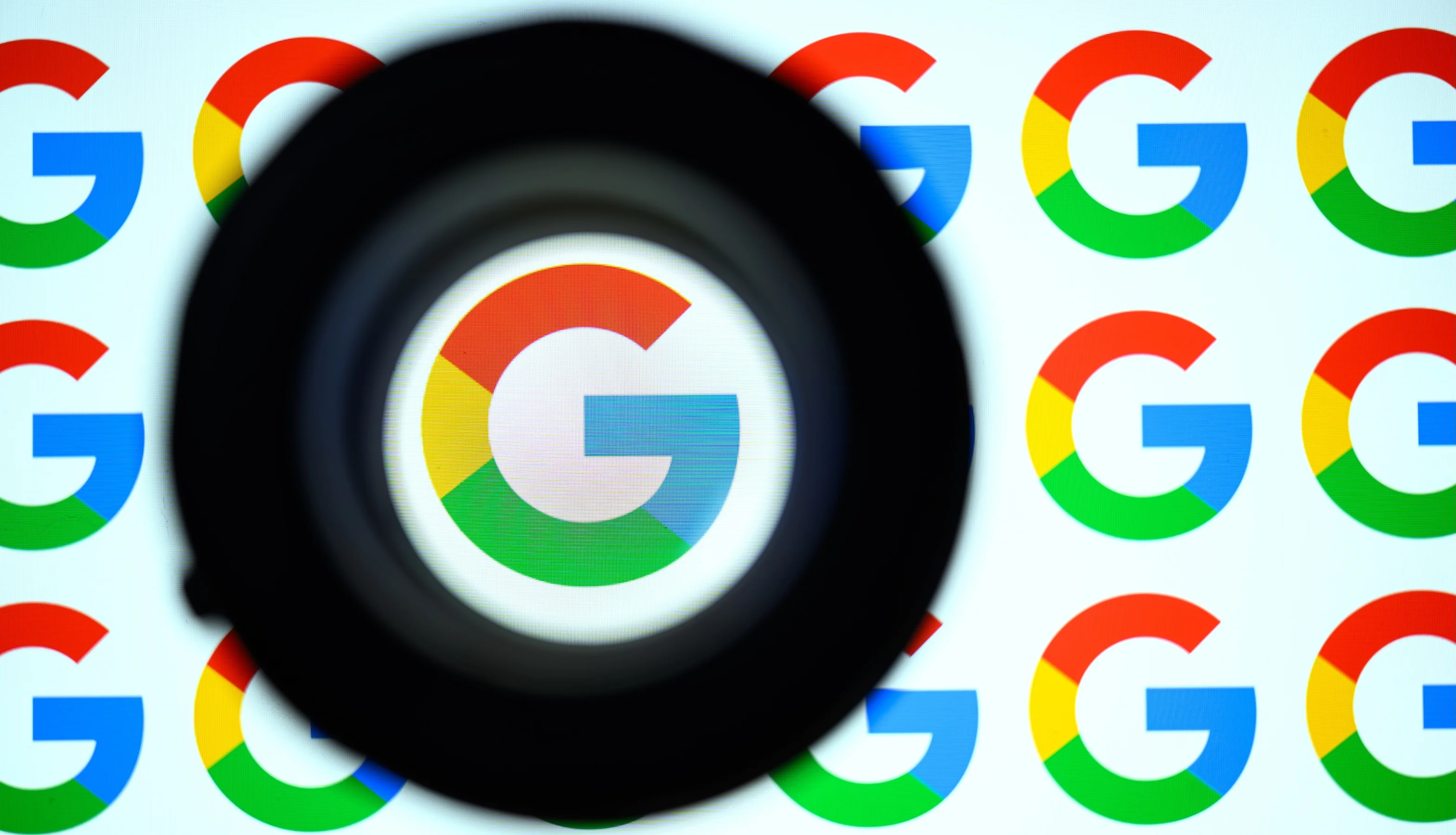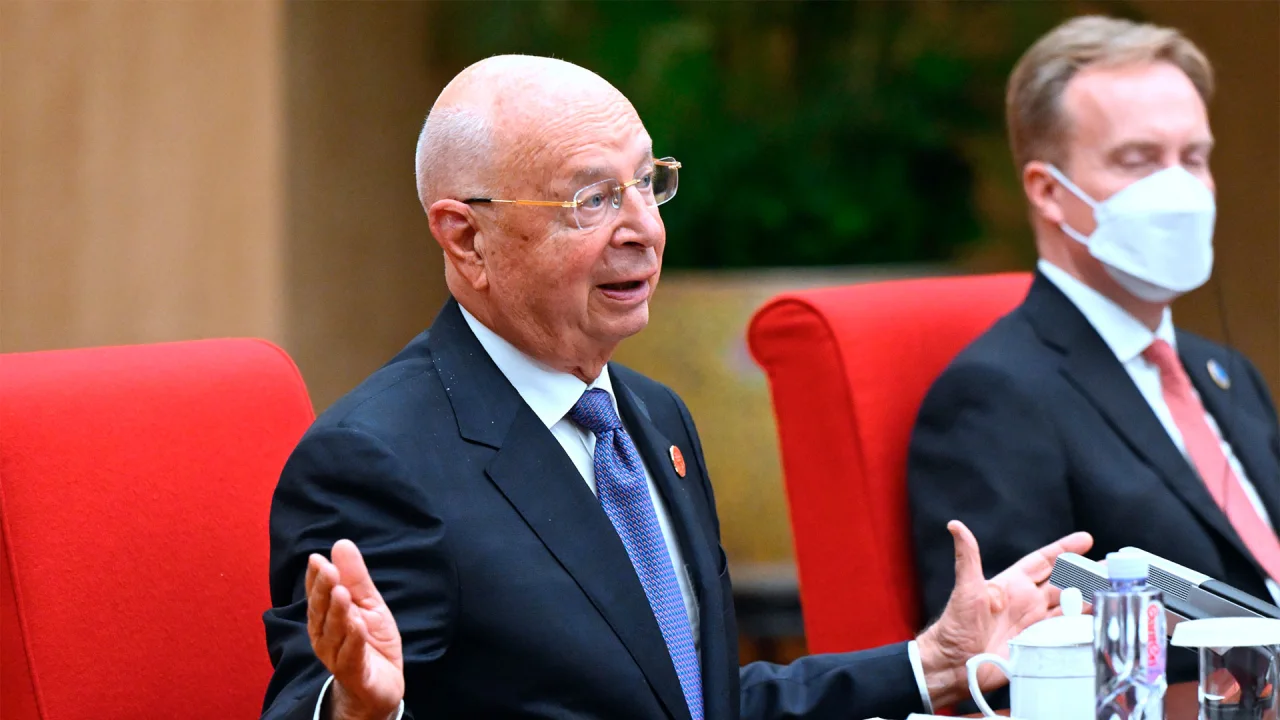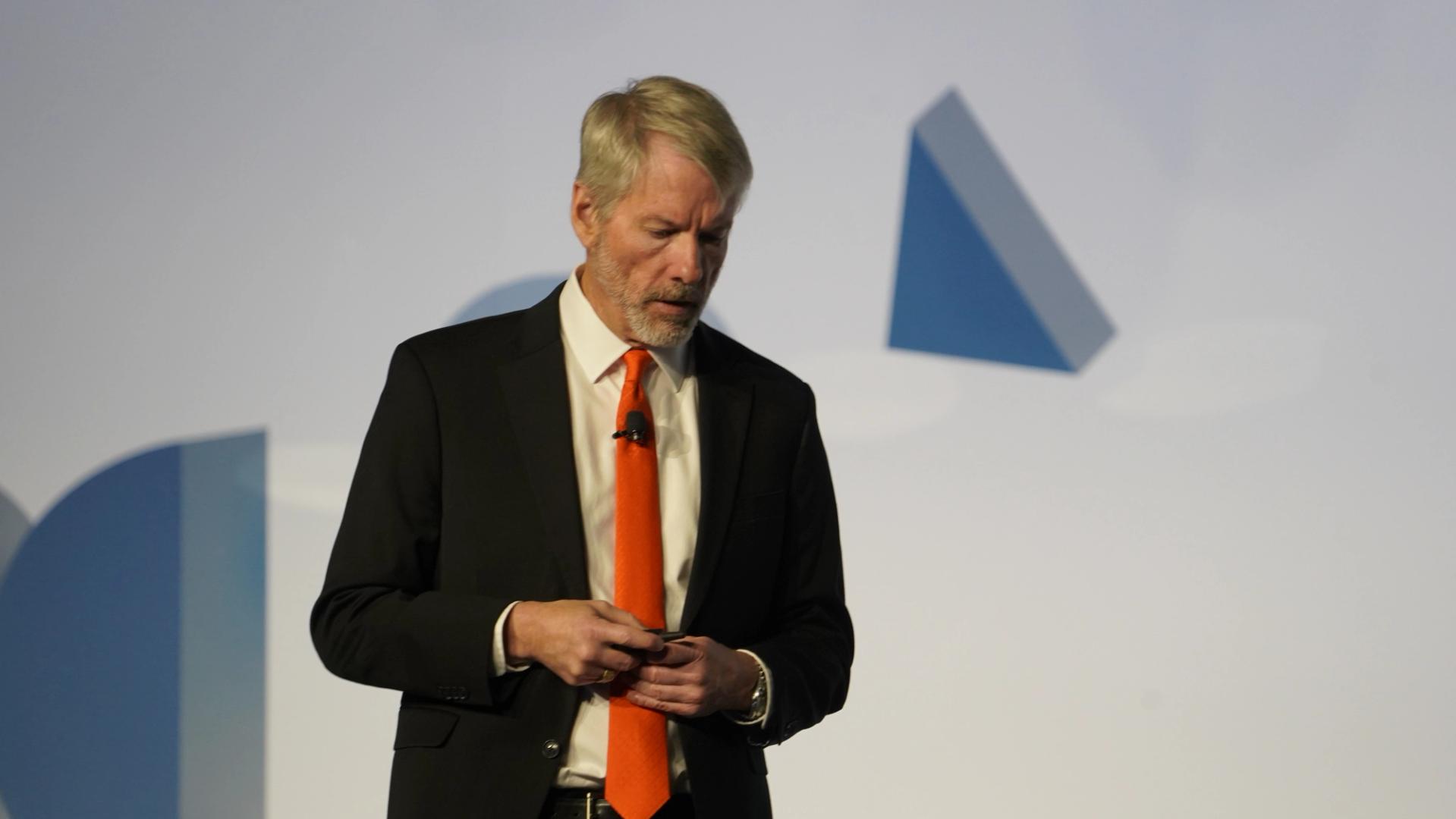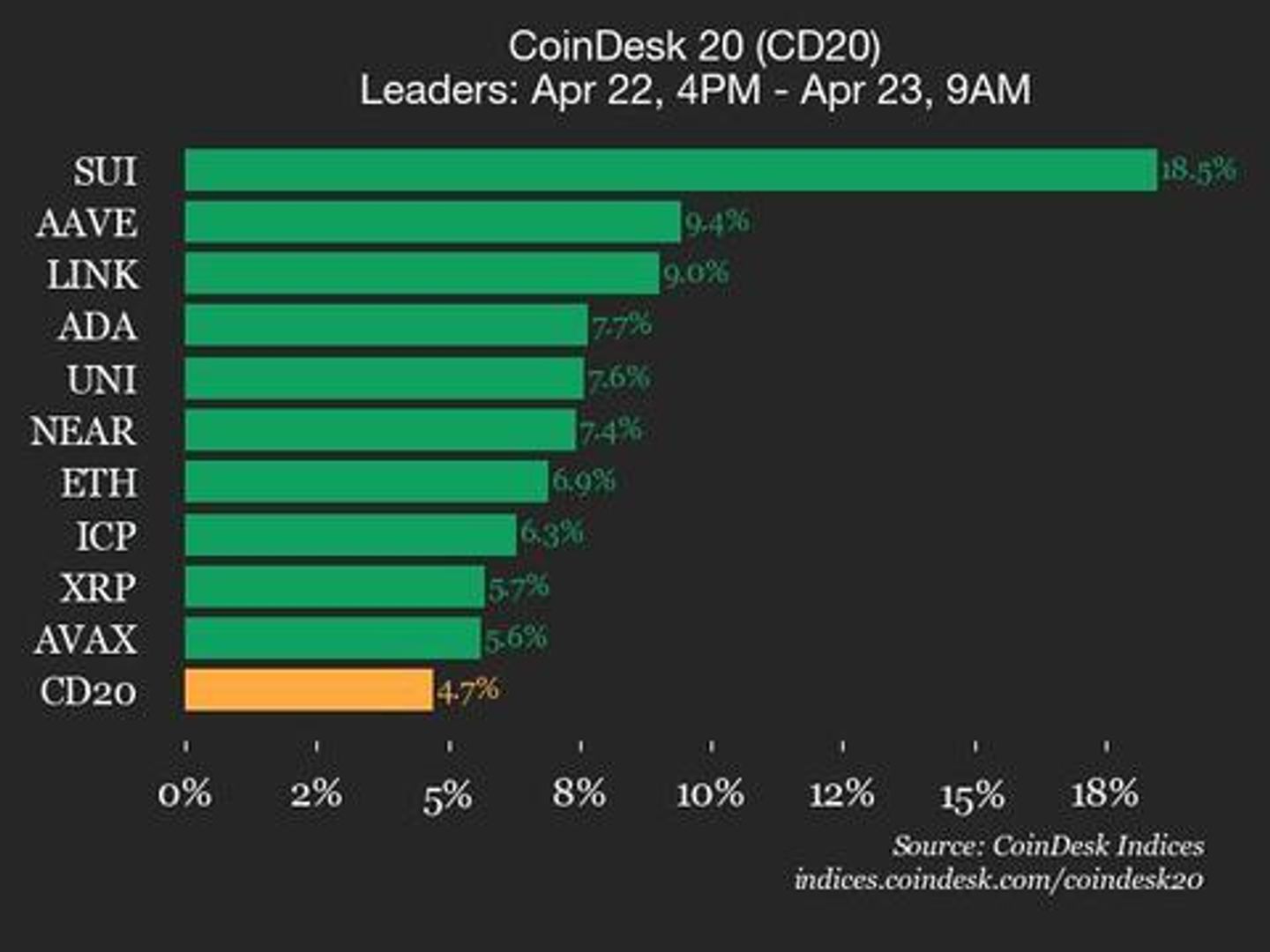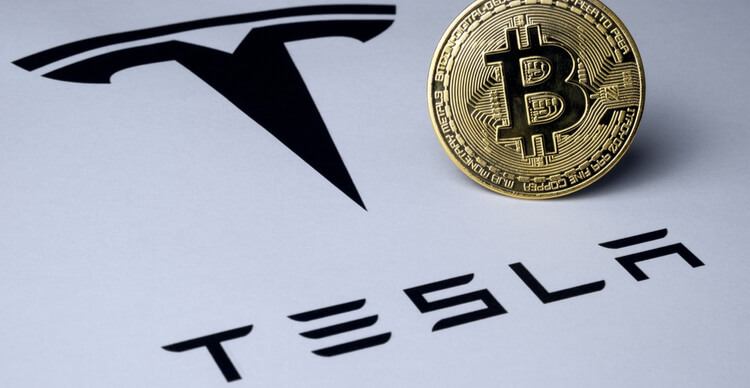Apple and Meta hit with the EU’s first DMA antitrust fines
Apple and Meta are the first companies to be fined for violations under the European Union’s Digital Markets Act (DMA). The European Commission announced today that Apple has been served a €500 million (about $570 million) penalty after ruling that its App Store “anti-steering” practices failed to comply with DMA antitrust rules. Meta has been […]


Apple and Meta are the first companies to be fined for violations under the European Union’s Digital Markets Act (DMA). The European Commission announced today that Apple has been served a €500 million (about $570 million) penalty after ruling that its App Store “anti-steering” practices failed to comply with DMA antitrust rules. Meta has been fined €200 million (about $230 million) following similar charges regarding Facebook and Instagram’s ‘pay or consent’ ad model. Both companies have been given 60 days to comply with the ruling, or face the risk of further fines.
“Enabling free business and consumer choice is at the core of the rules laid down in the Digital Markets Act. This includes ensuring that citizens have full control over when and how their data is used online, and businesses can freely communicate with their own customers,” says Henna Virkkunen, the European Commission’s executive vice-president for tech sovereignty, security, and democracy. “The decisions adopted today find that both Apple and Meta have taken away this free choice from their users and are required to change their behaviour.”
The DMA became law in May 2023, and is designed to increase competition across digital markets within the EU. Companies designated under the law as “gatekeepers” — Apple, Meta, Alphabet, Amazon, ByteDance, and Microsoft — over “core platform services” they offer must comply with rules intended to reduce anticompetitive behavior. Companies can be charged up to 10 percent of their annual global revenue for DMA violations, and up to 20 percent for repeat offenses.
Apple was charged for violating DMA rules over App Store restrictions that prevented developers from promoting pricing or alternative distribution channels within their apps, or freely linking out to web pages where customers can pay or subscribe to their services. In its own compliance report, Apple says the compliance measures it has taken to open up its App Store place users and developers at greater risk, and that it will “continue to urge the European Commission to allow it to take other measures to protect its users.”
The Commission says that the size of Apple’s fine “takes into account the gravity and duration of the non-compliance.” The company has also been ordered to remove the restrictions on developers linking out to and promoting other payment services.
“Today’s announcements are yet another example of the European Commission unfairly targeting Apple in a series of decisions that are bad for the privacy and security of our users, bad for products, and force us to give away our technology for free,” a company representative told The Verge. “We have spent hundreds of thousands of engineering hours and made dozens of changes to comply with this law, none of which our users have asked for. Despite countless meetings, the Commission continues to move the goal posts every step of the way. We will appeal and continue engaging with the Commission in service of our European customers.”
Meta was charged for forcing Facebook and Instagram users to either pay a subscription fee to remove ads, or consent to having their personal data used for ad-supported versions of the platforms. To address the DMA compliance violations, Meta has allowed Facebook and Instagram users within the EU who don’t pay to remove ads to see fewer unskippable, full-screen “personalized ads.” Meta said in a compliance report published on March 6th that it has “continued to receive additional demands that go beyond what is written in the law” despite its efforts to comply with DMA requirements.
“The European Commission is attempting to handicap successful American businesses while allowing Chinese and European companies to operate under different standards,” says Joel Kaplan, Meta’s chief global affairs officer, in a statement. “This isn’t just about a fine; the Commission forcing us to change our business model effectively imposes a multi-billion-dollar tariff on Meta while requiring us to offer an inferior service. And by unfairly restricting personalized advertising the European Commission is also hurting European businesses and economies.”
The initial compliance investigations into Apple and Meta were announced in March 2024, alongside plans to investigate Google’s parent company Alphabet over concerns regarding treating its own services more favorably in Search rankings compared to services provided by third-party rivals. Like Apple, Google is also being scrutinized over “anti-steering” practices in its app marketplace — meaning behavior that market-dominating platforms use to dissuade consumers from using alternative services.
The fines announced today are below the maximum penalties of around $16 billion for Meta and $39 billion for Apple based on 2024 earnings. The Financial Times reported in January that the EU was planning to soften its regulatory practices around Big Tech following an increase in pressure from the US, with the new EU Commission that took office in December reportedly being more focused on enforcing compliance than issuing hefty fines.
Apple is no stranger to EU antitrust penalties, having previously been fined €1.84 billion (about $2 billion) last year over the App Store’s anti-steering practices following an antitrust lawsuit filed by Spotify — a case that predates the DMA. Meta was also fined €797.7 million (about $840 million) in November last year for giving itself unfair market advantages by linking Facebook and Marketplace, and €1.2 billion (about $1.3 billion) in 2023 for transferring the Facebook data of EU citizens to the US.
These fines come as tensions are rising between European policymakers and US President Donald Trump, who has befriended deep-pocketed US tech CEOs that have likened EU fines placed against their companies to a form of taxation.
Developing…










































































































































































![[The AI Show Episode 144]: ChatGPT’s New Memory, Shopify CEO’s Leaked “AI First” Memo, Google Cloud Next Releases, o3 and o4-mini Coming Soon & Llama 4’s Rocky Launch](https://www.marketingaiinstitute.com/hubfs/ep%20144%20cover.png)


















































































































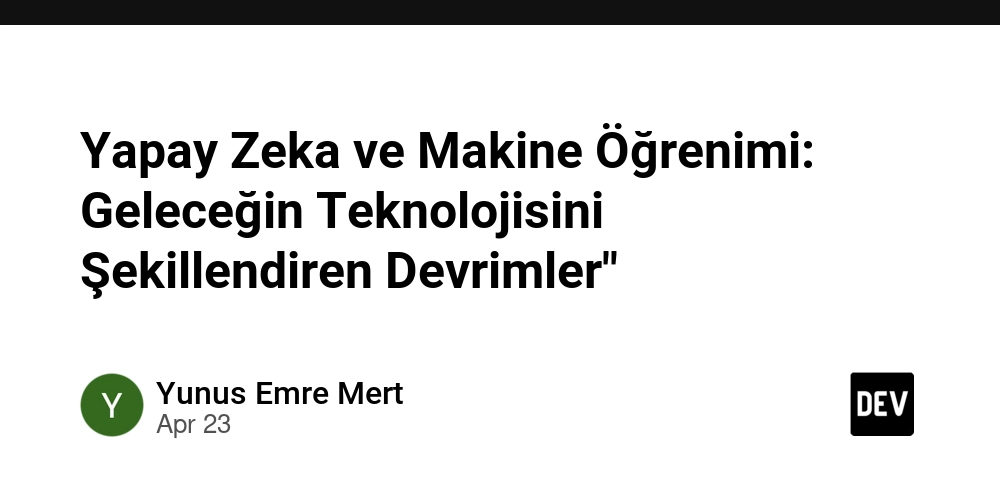






































































.jpg?width=1920&height=1920&fit=bounds&quality=70&format=jpg&auto=webp#)




















































nintendodirect_nintendoswitch2–4.2.2025(2).jpeg?#)

































_Wavebreakmedia_Ltd_FUS1507-1_Alamy.jpg?width=1280&auto=webp&quality=80&disable=upscale#)

















































































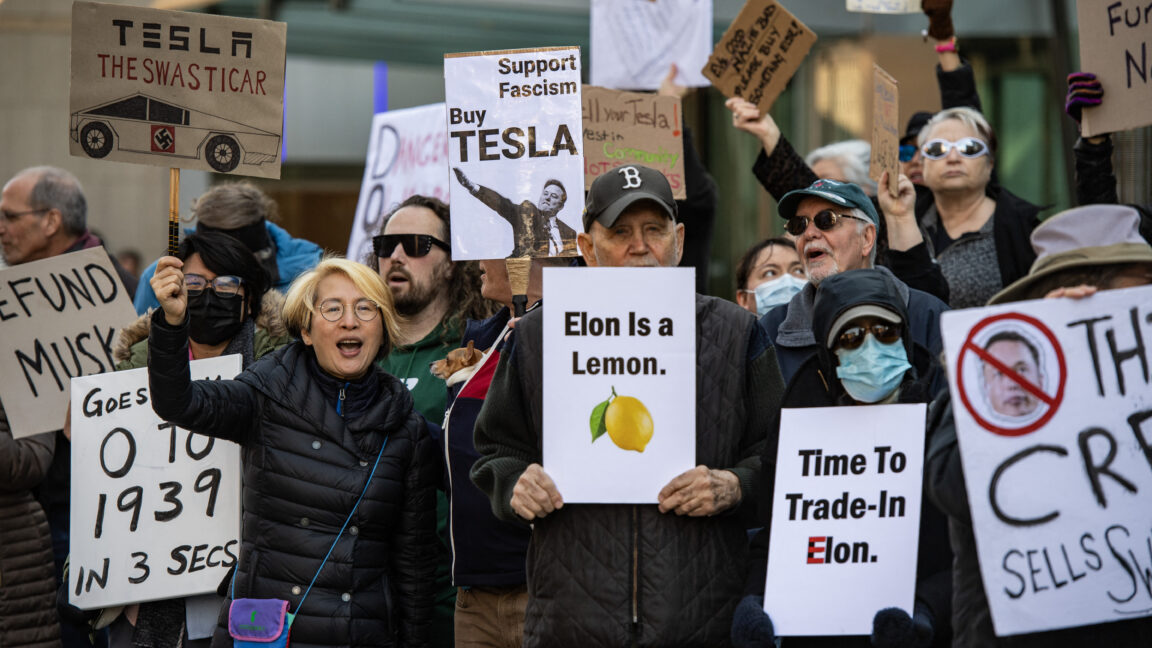
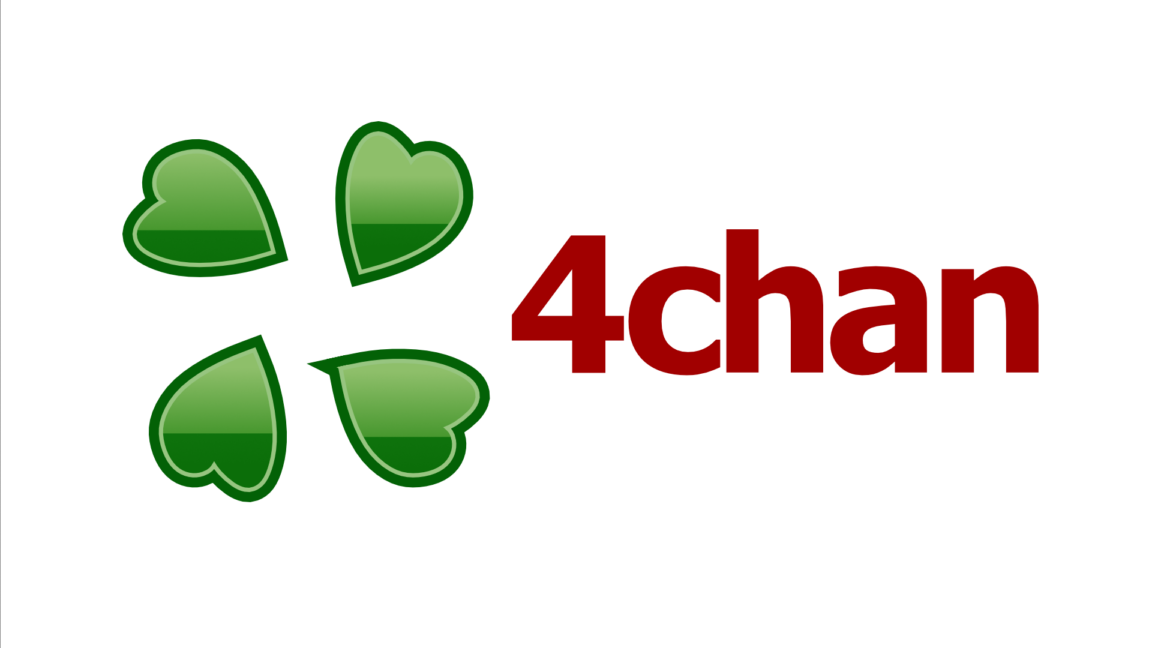



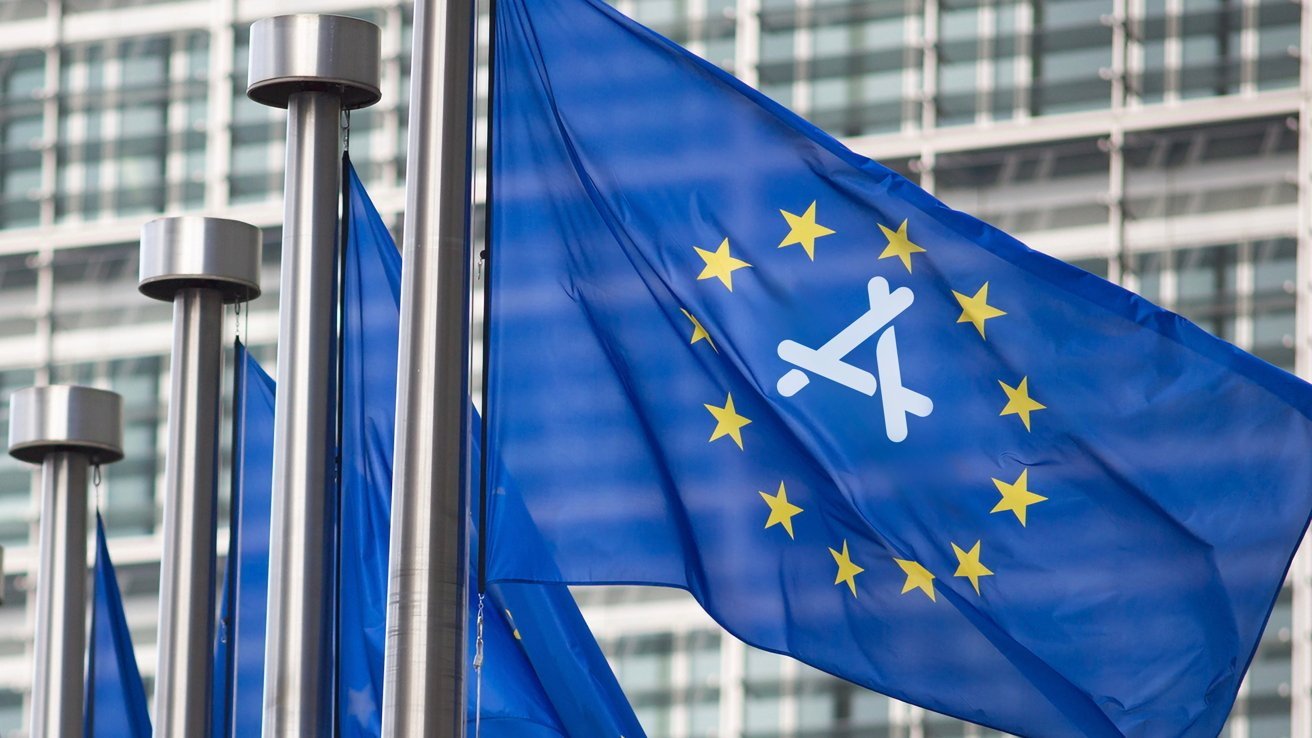



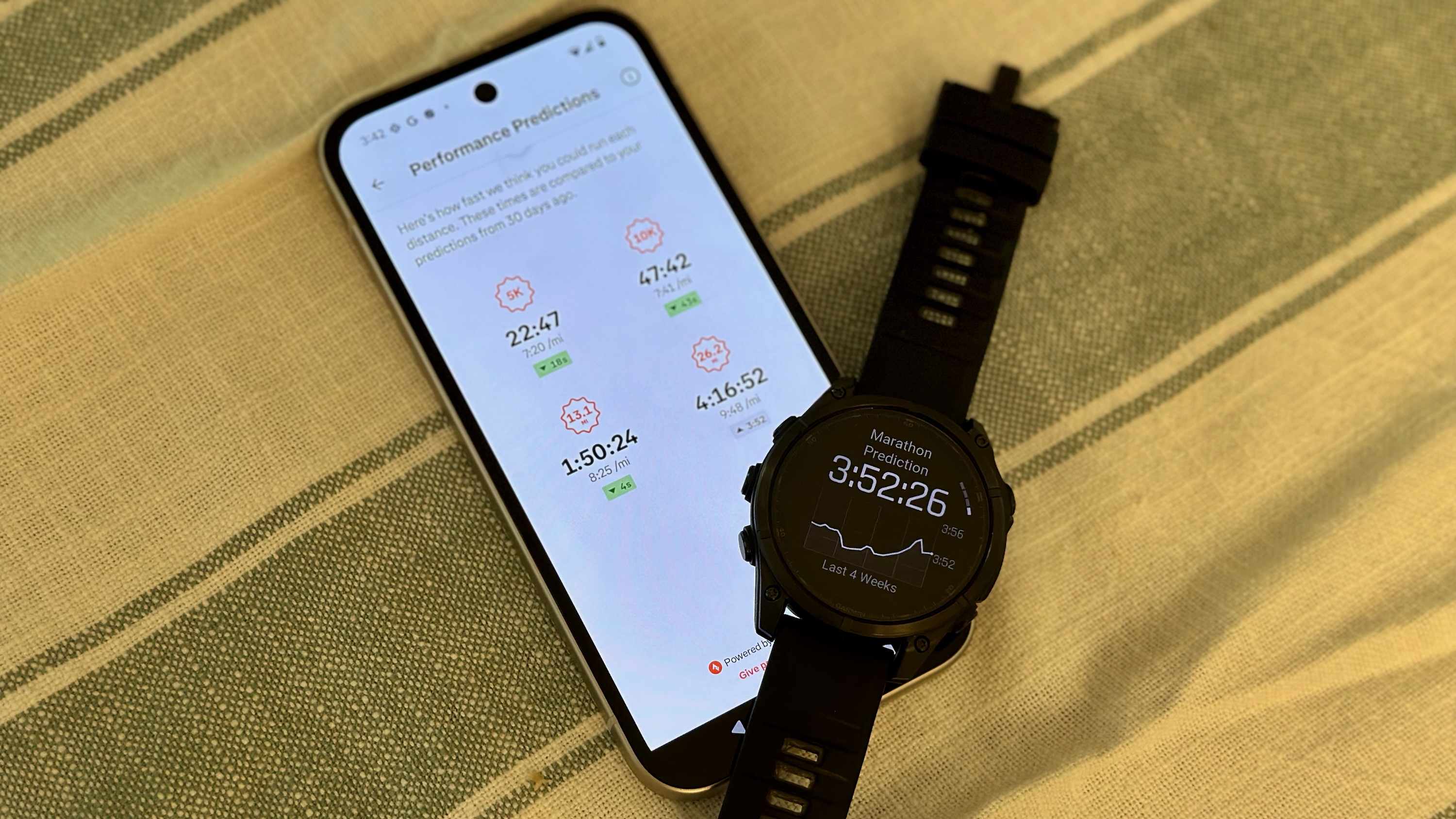

























![Hands-On With 'iPhone 17 Air' Dummy Reveals 'Scary Thin' Design [Video]](https://www.iclarified.com/images/news/97100/97100/97100-640.jpg)
![Mike Rockwell is Overhauling Siri's Leadership Team [Report]](https://www.iclarified.com/images/news/97096/97096/97096-640.jpg)














































